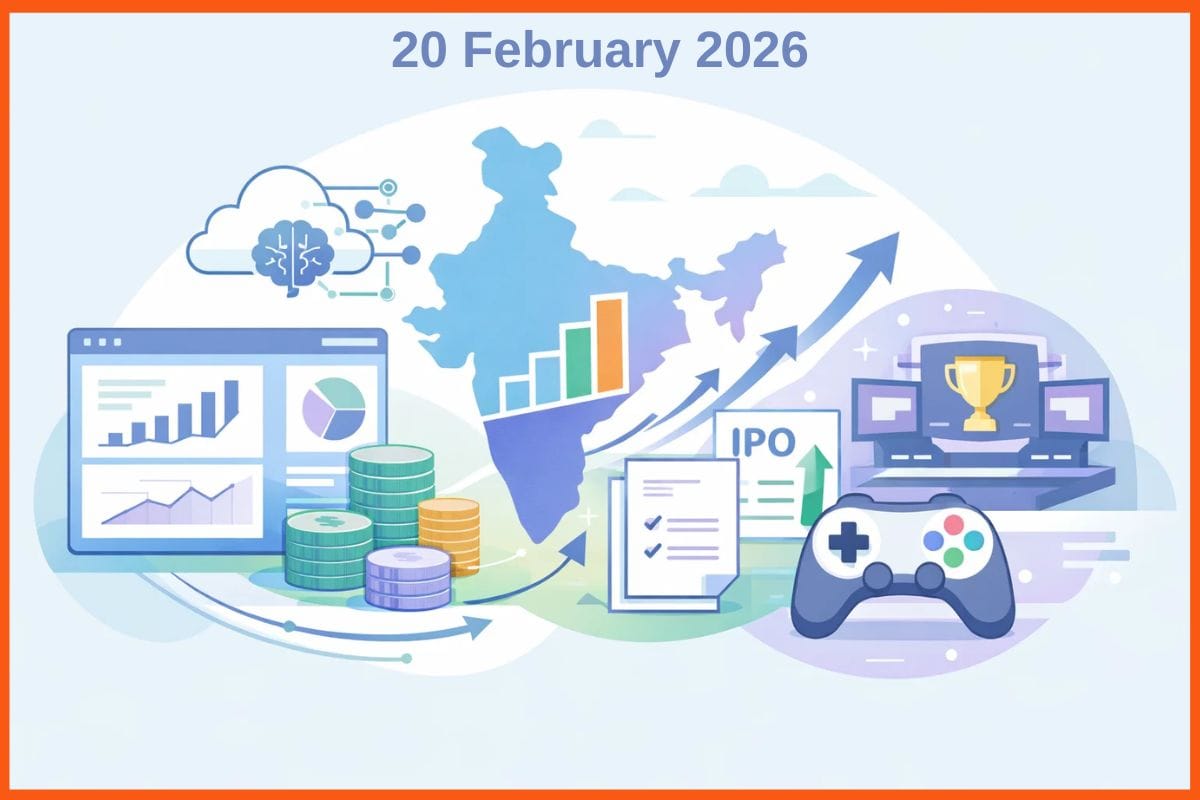Libra: Facebook's Digital Payment Service
digital payment
Digital payment is a way of performing payments without the use of digital currency. It is also known as electronic payment. In digital payments, both payer and payee rely on digital modes to send and receive money.
In today’s digital era, our dependency on smartphones exceeds the wildest possibilities. Millennials eat, live, and breathe smartphones. In fact, the use of wallets has declined ever since mobile phones started supporting e-wallets. Carrying change and holding debit cards has become a fad of the past. Digital payments have been ingrained in the way people perform transactions today.
The Digital Payment Services
What is Facebook's Libra?
Issues With Libra
The Digital Payment Services

The digital payments service sector is growing big, and top tech firms are coming up with innovative payment services of their own. Amazon with amazon pay, Ola money, Apple’s Apple pay and Google with Google Pay are amongst the latest offerings. The emergence of mobile wallets wasn’t an overnight phenomenon. Peter Thiel and Elon Musk’s PayPal was an early initiative. It paved way for several others.
India is not far away in terms of cashless economy; homegrown apps like Paytm and PhonePe are now facilitating payments for millions of Indians. Paytm launched the first active digital payment services in India. It was launched in August 2010 by Vijay Shekhar Sharma and was no less than a disruption. Around 130 million people use Paytm services in India. Facebook recently announced Facebook Pay which will be available on Instagram, WhatsApp, and Facebook.

Cryptocurrency, a digital asset, is being touted as the next step in digital payment services. Facebook has taken a step in this direction. Libra is Facebook’s cryptocurrency. Mark Zuckerberg claims Libra to be the future of banking and transactions, “Libra is a permissioned blockchain digital currency proposed by the American social media company Facebook.” Libra’s initial release is planned in 2020.
With Facebook’s Libra, Mark Zuckerberg wants to disrupt the way how money works. But such initiatives are riddled with issues. Several lawsuits followed post Libra's announcement. To regulate the working of Libra, it shall be monitored by an independent association called Libra Association; this association would by governed by organizations like Uber, Lyft, PayPal, VISA, MasterCard, etc. Facebook will be maintaining a cryptocurrency wallet called CaLibra. Though Facebook claims Calibra will be maintained with high-grade security and have no effect on one's privacy, many people don’t believe it.

What is Facebook's Libra?

“Libra is a global cryptocurrency built on blockchain to promote financial inclusion. Libra is digital, mobile, stable, fast, cheap and secure”. An organization independent of Facebook would oversee Libra. CaLibra, the mobile wallet to hold Libra, would be integrated in all the apps owned by Facebook such as WhatsApp, Instagram, and others. Transactions done with Libra would be the same as PayPal or any other medium available today.
The money from your bank account can be transferred into CaLibra that you can use at shopping malls and online stores. You can also get back your money i.e. Libra can be converted to physical money from Libra authorized people. The exchange of Libra currency and the mechanism behind the transactions' executions still beg reasoning.
The whole Libra blockchain will be organized and maintained by a 28-member strong Libra association comprising Uber, Lyft, VISA, Mastercard, eBay Vodafone, etc. It is proposed to be a non-profit organization with its main office at Geneva, Switzerland.
Each member needs to give $1 million to get one vote in the organization. The organization will elect a representative to oversee the Libra council. Whenever you add money to your Libra account, it goes into the giant Libra reserve which in turn gives you Libra tokens. The value of Libra stays the same irrespective of the volatility in a country’s economy.
Facebook’s cryptocurrency shall cut down transaction fees and establish a global currency. Financial irregularities and hassles in transactions would become a talk of the past.

Issues With Libra
Like the concerns and question marks accompanying any major announcement, troubles arose for Mark Zuckerberg’s Libra initiative. In the first week of October, PayPal become the first to step out of the Libra association. The reasons for its withdrawal are not known yet. eBay, Stripe and Mastercard followed PayPal by leaving Libra Association.
Soon, Mark Zuckerberg was summoned by the US Congress. He asserted the launch of Libra would not be done without the approval from US regulators. Zuckerberg further emphasized on the need to take risk via innovation for ensuring US retains its position as the global leader. France and Germany blocked Libra and amended certain laws. Many banks and law makers are also changing rules related to monetary transactions.
After these issues, Facebook began losing momentum on Libra’s launch. With the criticisms and questions Libra faced, it’s clear that the world still holds scepticism on the idea of online payments and digital currency transactions through payment apps.
While certain parties continue to loath cryptocurrency, the technology of future is undergoing rapid improvisation. More complex algorithms ensuring hack- proof network and privacy-oriented transactions will catalyse the acceptance of cryptocurrency. The future of digital payment services, though shrouded with negativity and hesitance at present, will stay for decades to come.
Must have tools for startups - Recommended by StartupTalky
- Convert Visitors into Leads- SeizeLead
- Website Builder SquareSpace
- Run your business Smoothly Systeme.io
- Stock Images Shutterstock






